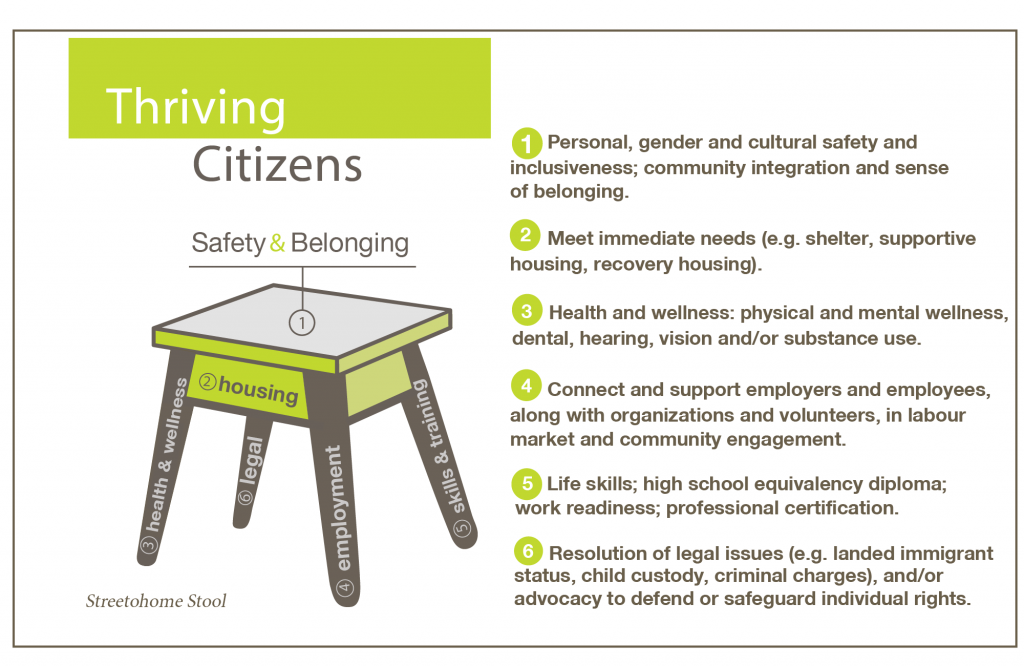“To live you need to have a purpose, some fullness and joy. Most of us need to be needed. We need someone to say, ‘We need you,’ in order to rise up, and have that feeling of someone looking at us as a little bit of a leader,” says Dr. Mimi Silbert, President and CEO of Delancey Street Foundation.
Delancey Street offers a proven model that combines housing with life skills development, education and employment training for individuals with lived experience of, or at-risk for, homelessness. There is no cost to members, family or government – the model sustains itself through the sale of goods and services delivered through vocational training schools staffed by participants.
“We consider ourselves an extended family, and we truly need our members,” explains Mimi.
“Everything that happens here is done by them – the bookkeeping, the training, the cooking. We have no staff, and so we need each one – we need them for Delancey Street to endure and survive.”
There are three main ways potential members join Delancey Street – walk-ins, who may be homeless, in recovery or unemployed; those preparing to serve their sentence, who write a letter expressing their desire to change to a judge; and those who are on parole.
“We interview them, and they need to take responsibility for their actions and what they’ve done; and express a desire to want to change to join Delancey Street. We tell them, ‘We’ll teach you about life, it’s a two-year stay and we hope you’ll care about everyone else because that’s what makes it work.’”
While the interview process focuses on having members start to make the mental shift needed to thrive at Delancey Street, the next two years helps members develop a sense of belonging, become accountable for achieving their own goals, and support peers to achieve theirs. Members graduate with three marketable skills, a GED or high school equivalency, and a newfound community they know will welcome them back when they leave.
“We’re in the people-changing business,” says Mimi. “We teach the core curriculum, literature, writing. We give you vocational skills. And then we give you joyful, exciting things to do because you have to have fun in your life.”
“We send people camping, to try new food, celebrate everyone’s holidays and culture. We don’t know what each member will have fun with, so we teach them everything. We provide a life full of exciting things, so that excitement no longer means going to the casino or getting drugs. We do everything that could be joyful.”
Mimi emphasizes the importance of forming new habits, taking accountability for oneself and others, and having self-motivation to improve. The entire organization is run by peers, each of whom is a vital member to a team and who unite each other and newcomers around a shared purpose. They give each other a voice and teach one another to take responsibility, and work to develop their skills and forge a new life path.
“No one enables you or treats you as if you have limitations or can’t do a lot. If everyone believes in your ability to overcome, you will. It’s a phenomenal thing to think of ourselves as being a ‘giver,’ and having a talent that someone else needs.”


